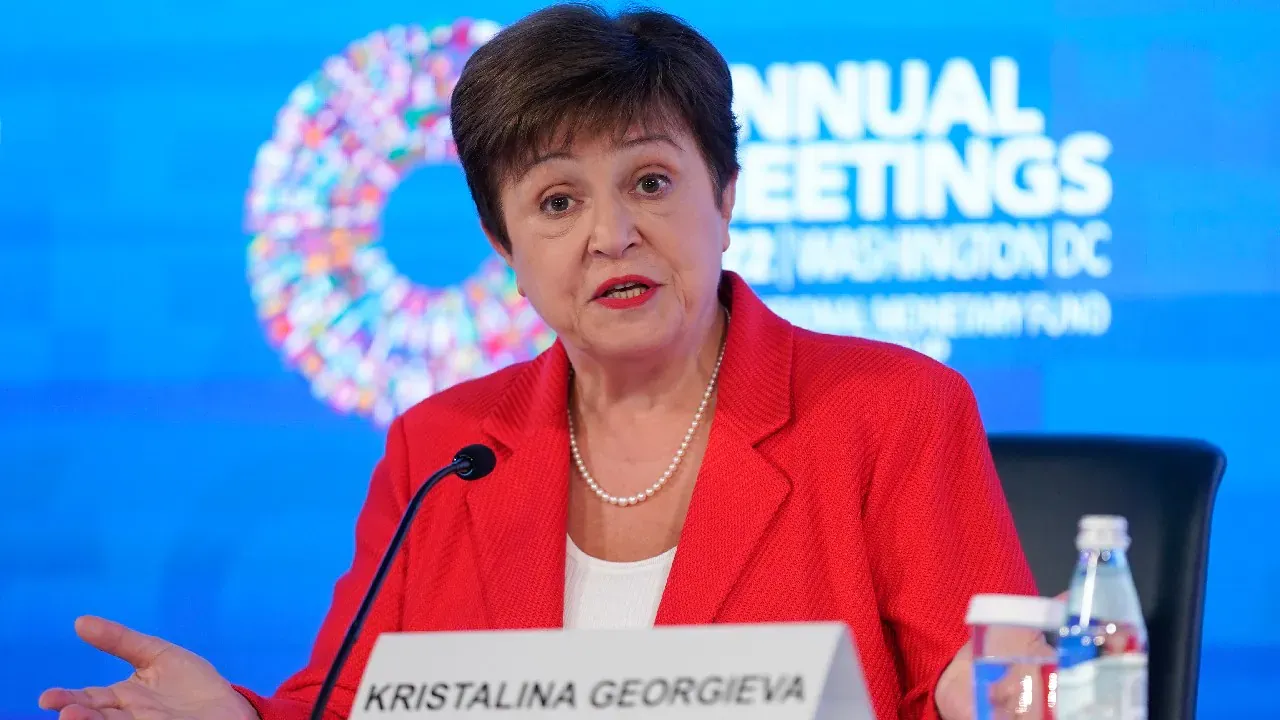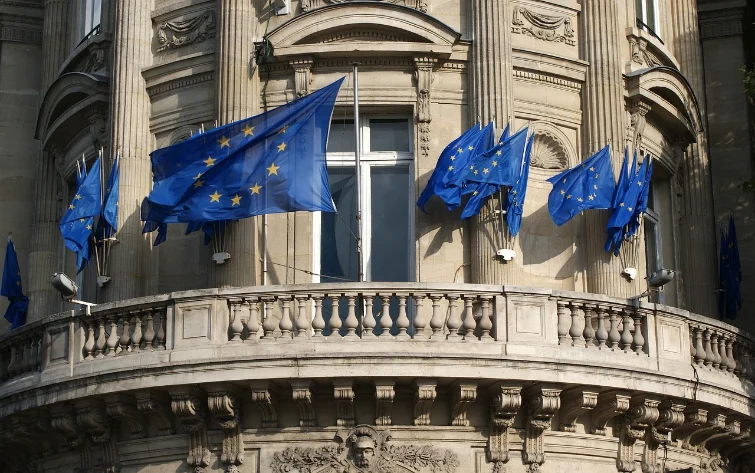On Thursday, Kristalina Georgieva, the managing director of the International Monetary Fund, expressed her deep concern about the Israel-Hamas conflict economic impact. She described it as “heartbreaking” and noted that it could worsen the already uncertain global economic situation.
Georgieva mentioned, “We are keeping a close eye on how the situation develops and its impact on various aspects, particularly the oil markets.” She also pointed out that there have been some fluctuations in oil prices and market reactions. However, it’s too soon to predict the exact economic consequences of these events.
During a press conference at the annual meetings of the IMF and World Bank in Marrakech, Morocco, Georgieva emphasized the alarming nature of recent events. She stated, “It’s very clear that this is a new threat to the already unstable world economy, casting a dark shadow over our economic outlook.”
Georgieva is now part of a growing group of financial leaders who are voicing their worries about the unexpected outbreak of violence in the ongoing Israeli-Palestinian conflict, which has tragically taken the lives of more than 2,500 people.
Israel has declared its determination to eliminate the Hamas movement, which governs the Gaza Strip. This comes as a response to the most devastating attack on Jewish civilians since the Holocaust. Over the weekend, a large group of armed individuals breached the border fence and went on a rampage in Israeli towns.
Furthermore, Israel has made it clear that there won’t be a pause in their blockade of the Gaza Strip until all the hostages taken by Hamas are released. This decision was taken despite the Red Cross’s plea to allow fuel into the region to prevent hospitals from becoming overwhelmed and turning into places for the deceased.
In an emotional statement to reporters, Georgieva expressed her heartache over the loss of innocent lives. She said, “It’s truly heartbreaking to witness the deaths of innocent people. It’s the innocent who suffer the most in these situations.”
Georgieva also pointed out that major shocks to the global economy are becoming more common. These shocks are happening in a world marked by slow economic growth, economic divisions, and increasing disparities, while interest rates are expected to remain elevated to control persistent inflation.
She made an appeal to nations, urging them not to escalate the situation and instead concentrate on areas of cooperation. Georgieva emphasized the need to enhance our ability to predict and respond swiftly to unexpected challenges, saying, “We must become more agile in anticipating and responding to these shocks.”
French Finance Minister Bruno Le Maire warned reporters that if the conflict spreads to more areas, it could have “troubling effects” on energy prices and the overall global economy.





